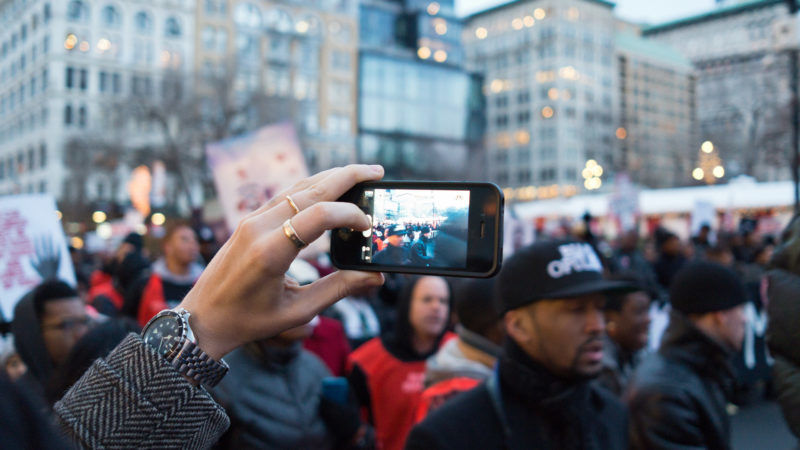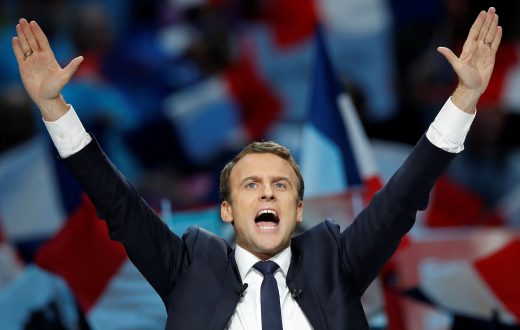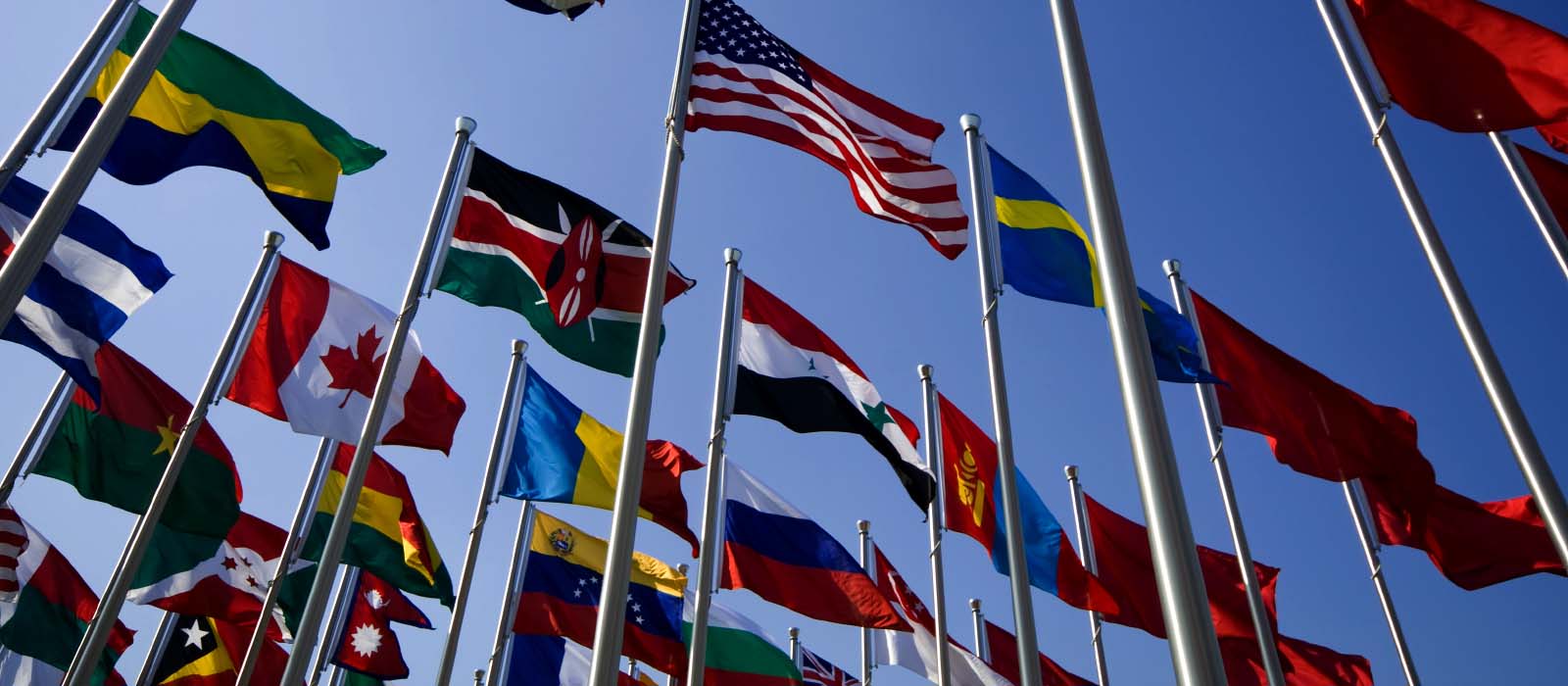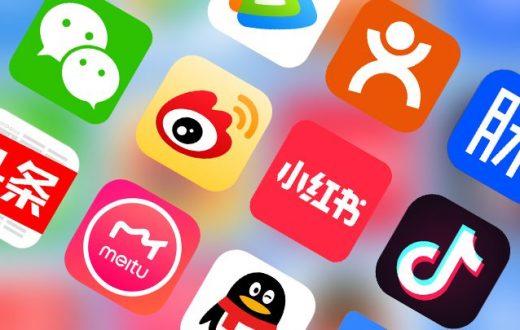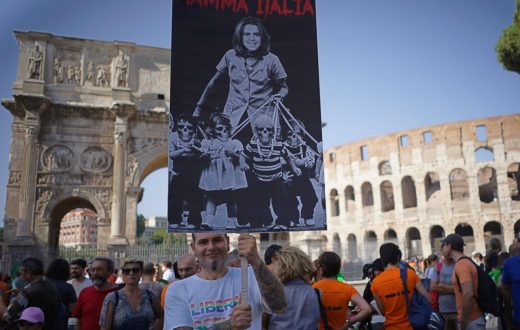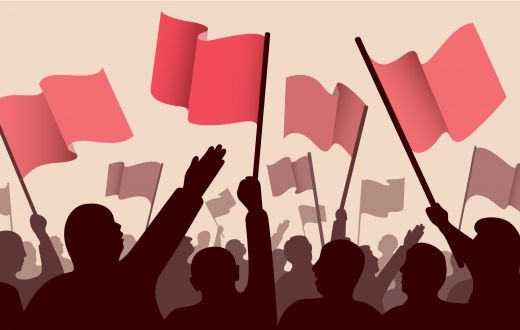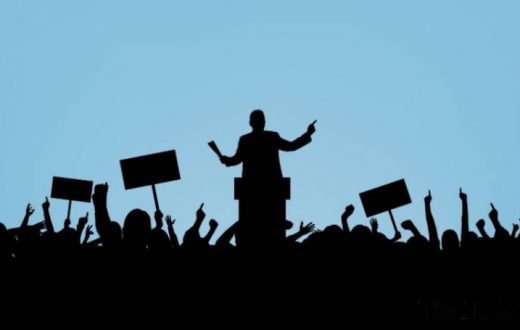Are populist social media pages virtual propaganda parades ?
There are thousands of people there. In the big public space. Maybe a stadium. The soldiers all neat and in well ironed uniforms are standing in perfect order in the middle of the big public space. They are surrounded by a big crowd. Some of them are holding little flags and others are greeting with a significant gesture holding their right hand up in front of them. The look in their eyes is full of joy. But that joy isn’t their own. Someone else told them REPEATEDLY how beautiful and great is their leader. The one who would liberate them from all the threats. So, they celebrate. How? Why? What? It’s not important. The victory is glorious. It’s all that matters.
Twenty years later. Same place. Big sports event. Thousands of people are celebrating again. Beating the awful enemy. Twenty years ago. Dozens of athletes are showing their strength. In a big parade. They are also surrounded by the overjoyed crowd. And there is a VIP section, too. Reserved for those who at least participated in the glorious fight against the enemy. The crowd is happy. There is no single serious face. Or sad. These people are suspicious. Because they don’t believe they are happy. That they are living in a happy society. How could they not believe that? When there was happiness all around them. REPEATING over and over in different types of communication.
Do you see the connection between these two cases? It’s all repetitive. Repeating was and is a very powerful way to create something new. It was one of the key tools of propaganda of past regimes. But this article speaks about today’s propaganda. So, in order to answer the question from the title, it is important to highlight the most important characteristics of populist social media pages today. First of all, they usually have many followers or members. Just as described in the beginning of this article, all of them are united under one idea and they have strong feelings for that idea.
The same like in extreme left and right-leaning regimes, but instead of public spaces, these people are gathered virtually. The communication flow during past regimes was aggressive. The leader would usually hold fierce speeches. Today they have attention-grabbing headlines, articles, videos, and other similar things. The actors are different individuals and groups who hold the one, unique idea. So, very often, the term digital authoritarianism is mentioned in different sources. The crowd from the beginning of the story meant unity. Every single individual felt like he or she was part of something bigger, a big family, so it was normal to do what everyone else was doing. Today, people will like or follow something because their friends and family are doing the same. The reception of the political messages is based on faith, not reason and critical thinking.
It’s interesting also to examine the conflict between opposite extreme groups. Using public shaming and similar tactics, the political actors of past regimes fought their enemies. Today, it’s very common that one group spreads disinformation about the other evoking gossip, manipulation, hatred and other feelings in people turning them against their target.
So, it can be said that populist pages on social media are definitely the space for propaganda, but they can’t be completely compared to those big propaganda rallies so famous during past regimes. These spaces didn’t have so many possibilities like today’s social media. The leader would send his message using certain tactics. Followers were more passive than active. Today, things are reversed. Followers receive the message, but they are able immediately to make it more powerful by sharing and retweeting it. So, everyone becomes a leader in their own small virtual space.

